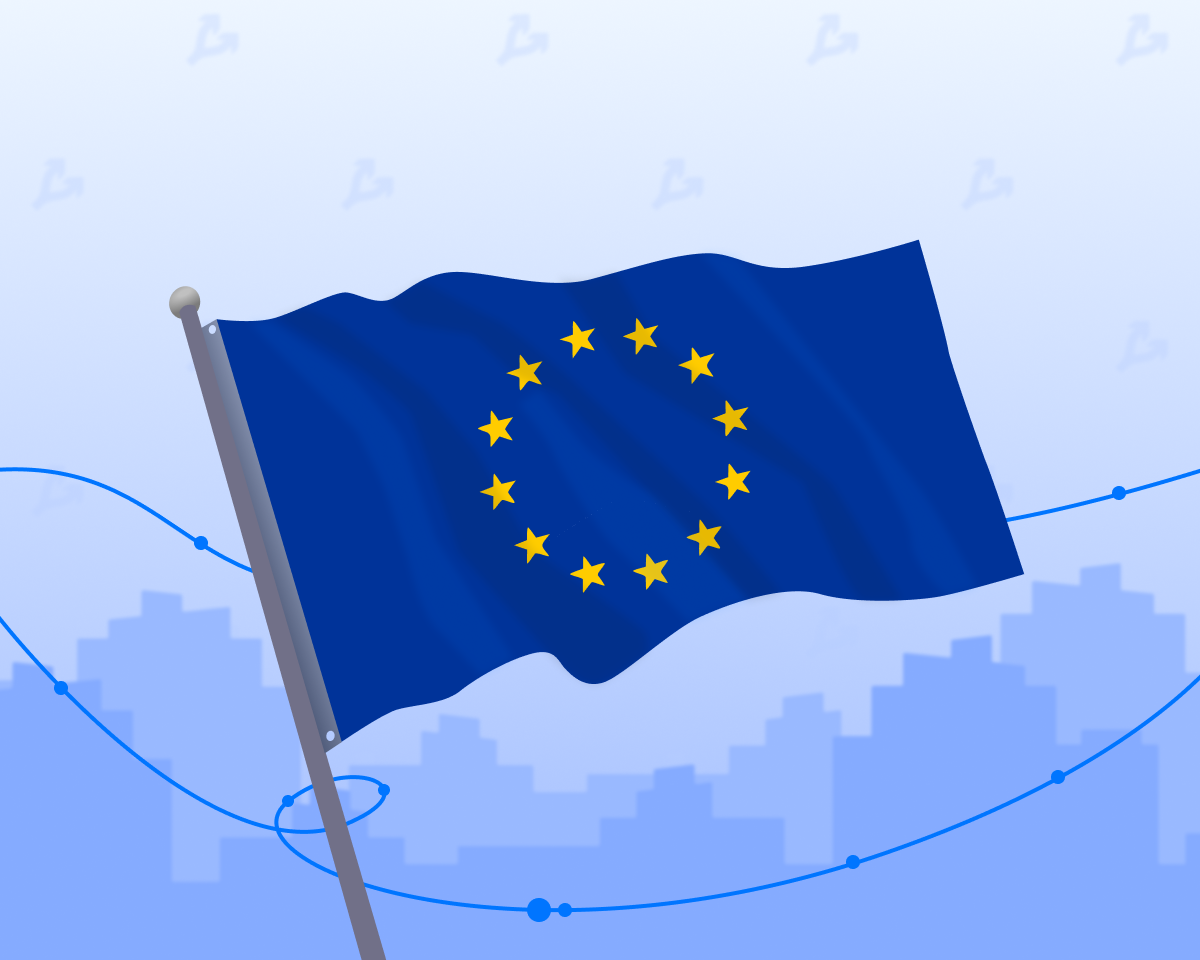On June 30, 2022, the European Parliament, the European Commission and the European Council will hold a final meeting on the bill to regulate cryptocurrencies. Mica. Patrick Hansen, development manager for Unstoppable Finance, spoke about this.
He stressed that all “important” issues have already been agreed, but there are a few open issues.
The European Commission wants to include NFT under MiCA, arguing that consumers should be protected. The European Council and the European Parliament initially opposed, but have now made concessions, according to Hansen.
“The likely outcome will be a compromise – those who issue the tokens will be released [от MiCA]however, companies providing NFT-related services (marketplaces, etc.) will have to comply with the law. They need a license CASP (may not be minor players),” he wrote.
Hansen noted that lawmakers will not make exceptions for algorithmic stablecoins. For issuers EMT and Art imposes high regulatory requirements and prohibits CASPs from accruing interest on stablecoin deposits.
The expert added that in the “trilog” framework, “meaningful” stablecoins have not yet been defined and the segment control architecture has not yet been approved.
He also stated that the decentralized finance sector is not included in the scope of MiCA. In 2023, the European Commission will publish a separate report on this and launch a pilot project for a new form of “embedded DeFi surveillance”.
It is assumed that requirements will be introduced for all CASPs regarding the disclosure of information about each crypto-asset with which they work. The data list will be approved by the European Securities Market Regulatory Authority.
According to Hansen, authorities also need to determine the provisions on combating money laundering and terrorist financing, the precise regulatory framework and timing of implementation.
“Then there will be a vote on the compromise agreed in the plenary session of Parliament before the MiCA goes into effect,” he said.
In March 2022, the European Parliament supported amendments to the regulation on the exchange of information between counterparties, which includes the collection of data on users of non-custodial cryptocurrency wallets.
The de minimis principle does not apply to transactions with digital assets, so all transfers except P2P transactions will be subject to the Funds Transfer Regulation (TFR).
Hansen explained that the European Parliament advocates the mandatory identification of counterparties that are not CASP “hosted” when transacting. He noted that the European Council and the European Commission are against such a decision.
“Instead, the Council proposes a risk-based approach in line with German requirements, where CASPs must consider blockchain analytics-based money laundering risks and take appropriate mitigation measures depending on the outcome,” he wrote.
The expert emphasized that, unlike MiCA, the changes in the TFR could not be completed in June, as the European Parliament did not want to waive its requirements.
Recall that in April 2022, representatives of the cryptocurrency industry urged the EU to abandon regulatory tightening.
Read ForkLog bitcoin news in our Telegram – cryptocurrency news, courses and analysis.












